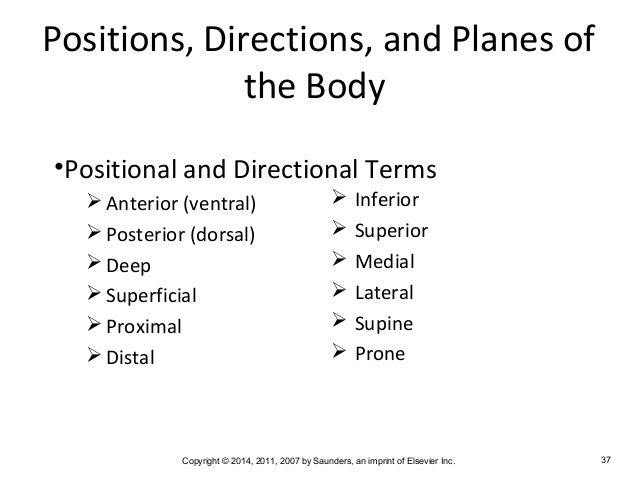Why are cells small in size
Why Are Cells Small In Size. Do bigger animals have larger cells or just more cells? Metabolizing cells are usually small in nature to provide a large surface to volume ratio. Cells are so little, so they can maximize their ratio of surface area to volume. This is because when you have a lot of small objects vs a few big objects the surface area is much larger in relation to volume.
Why are active cells usually small in size? Quora From quora.com
To enable different regions of the cell to communicate with each other rapidly for the cell to function effectively to have a large surface area is to volume ratio for greater diffusion of substances, in and out of the cell. Surface area increases much slower than volume. Cells are so small because they need to be able to get the nutrients in and the waste out quickly. I’ve seen cell size labs that use different sized agar cubes prepared with a. Cells are so little, so they can maximize their ratio of surface area to volume. Cells are small because they need to be able to diffuse through materials easily.
Cells are small because they need to be able to diffuse through materials easily.
Why are cells small in size. To enable different regions of the cell to communicate with each other rapidly for the cell to function effectively to have a large surface area is to volume ratio for greater diffusion of substances, in and out of the cell. I’ve seen cell size labs that use different sized agar cubes prepared with a. Large cells often require more energy to move molecules around the cell which is why they don’t divide as fast. Why are cells small in size. Surface area increases much slower than volume.
Source: quora.com
The larger the cell the smaller the sav ratio the smaller the ratio the less efficient the cell the cell membrane is too small to take in enough. They also need to devote more time to maintain themselves which means they. A larger cell will respond to cellular signaling more slowly. This is important so that the cell can absorb more. Why are cells small in size.
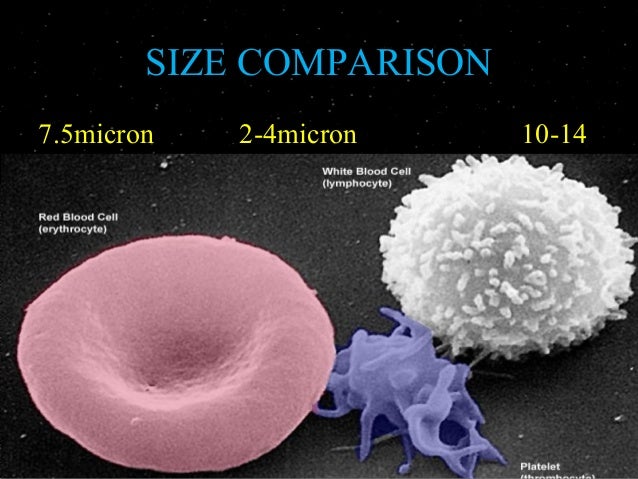 Source: slideshare.net
Source: slideshare.net
This becomes a problem when the. Particles in a cell become proportionally larger with increasing cell size. A larger cell will respond to cellular signaling more slowly. Why are cells small in size. They also need to devote more time to maintain themselves which means they.
 Source: youtube.com
Source: youtube.com
Another reason is when the cells are small and plentiful, they are easier to replicate and replace when damaged. Another point to be noted while considering cell size is the fact that cells must stop growing at one point just to survive. Smaller cells have a higher ratio which allows more molecules and ions to move across the cell membrane per unit of cytoplasmic volume. Metabolizing cells are usually small in nature to provide a large surface to volume ratio. Groups of different types of cells make up the organs in your body such as your heart liver or lungs.
Source: quora.com
Smaller cells have a higher ratio which allows more molecules and ions to move across the cell membrane per unit of cytoplasmic volume. A larger cell will respond to cellular signaling more slowly. I’ve seen cell size labs that use different sized agar cubes prepared with a. But particles in larger cells are like many pieces of dust clustered together that have a greater mass and require support to stay buoyed. Small size of the cell makes it easy to carry metabolic movement similar to the movement of things from smaller utensils and the nucleus can also control the cytoplasmic processes in a good manner.
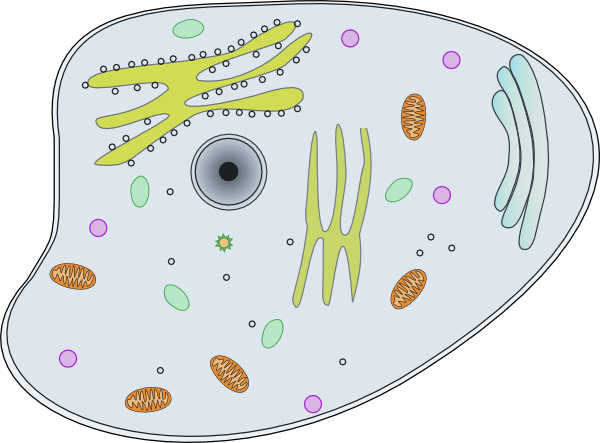 Source: biologycorner.com
Source: biologycorner.com
Each cell has a size and shape that is suited to its job. Surface area increases much slower than volume. Cells that do the same job combine together to form body tissue such as muscle skin or bone tissue. Cells are so little, so they can maximize their ratio of surface area to volume. Another point to be noted while considering cell size is the fact that cells must stop growing at one point just to survive.
 Source: myriverside.sd43.bc.ca
Source: myriverside.sd43.bc.ca
But particles in larger cells are like many pieces of dust clustered together that have a greater mass and require support to stay buoyed. Cells are so small because they need to be able to get the nutrients in and the waste out quickly. Cells are normally very small in size. Why are cells small in size. Why are cells small in size.
 Source: youtube.com
Source: youtube.com
Cells are normally very small in size. Small size of the cell makes it easy to carry metabolic movement similar to the movement of things from smaller utensils and the nucleus can also control the cytoplasmic processes in a good manner. Groups of different types of cells make up the organs in your body such as your heart liver or lungs. Cells are small so they can be more efficient. Another point to be noted while considering cell size is the fact that cells must stop growing at one point just to survive.
Source: quora.com
Groups of different types of cells make up the organs in your body such as your heart liver or lungs. To enable different regions of the cell to communicate with each other rapidly for the cell to function effectively to have a large surface area is to volume ratio for greater diffusion of substances, in and out of the cell. Another reason is when the cells are small and plentiful, they are easier to replicate and replace when damaged. Cells are normally very small in size. In layman’s terms, the reason why are cells small is that as the cell grows in size, the materials diffusing in the cell would not reach the center as efficiently as they would in a small cell.
 Source: theatlantic.com
Source: theatlantic.com
Large cells often require more energy to move molecules around the cell which is why they don’t divide as fast. I’ve seen cell size labs that use different sized agar cubes prepared with a. Cells are small because they need to be able to diffuse through materials easily. To enable different regions of the cell to communicate with each other rapidly for the cell to function effectively to have a large surface area is to volume ratio for greater diffusion of substances, in and out of the cell. This becomes a problem when the.
Source: quora.com
But particles in larger cells are like many pieces of dust clustered together that have a greater mass and require support to stay buoyed. Small size of the cell makes it easy to carry metabolic movement similar to the movement of things from smaller utensils and the nucleus can also control the cytoplasmic processes in a good manner. Particles in a cell become proportionally larger with increasing cell size. Another reason is when the cells are small and plentiful, they are easier to replicate and replace when damaged. Cells are so little, so they can maximize their ratio of surface area to volume.
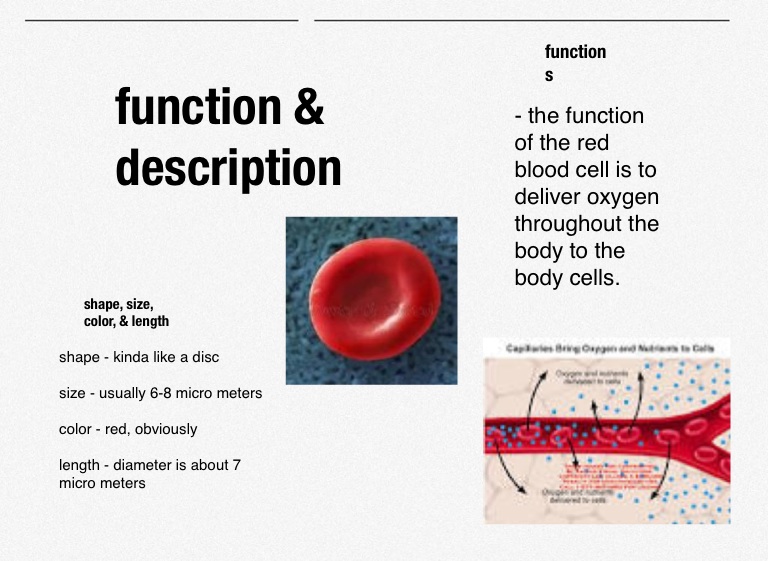 Source: flowvella.com
Source: flowvella.com
Groups of different types of cells make up the organs in your body such as your heart liver or lungs. But particles in larger cells are like many pieces of dust clustered together that have a greater mass and require support to stay buoyed. Why are cells small regardless of the size of the organism? A little cell is more efficient than its larger equivalent in an ideal world. They also need to devote more time to maintain themselves which means they.
 Source: reference.com
Source: reference.com
Asim c7cellsz why must cells be small 5e student handout revised 42016 page 1 of 2. Cells are so small because they need to be able to get the nutrients in and the waste out quickly. Large cells often require more energy to move molecules around the cell which is why they don’t divide as fast. Smaller cells have a higher ratio which allows more molecules and ions to move across the cell membrane per unit of cytoplasmic volume. The larger the cell the smaller the sav ratio the smaller the ratio the less efficient the cell the cell membrane is too small to take in enough.
 Source: medicalxpress.com
Source: medicalxpress.com
Cells are small so they can be more efficient. Smaller cells have a better ratio which allows more molecules and ions to be. To enable different regions of the cell to communicate with each other rapidly for the cell to function effectively to have a large surface area is to volume ratio for greater diffusion of substances, in and out of the cell. One of the reasons we teach students that cells are small is because they need a large surface area to volume ratio. Why are cells small regardless of the size of the organism?
 Source: youtube.com
Source: youtube.com
Cells are so little so that they can maximize their ratio of area to volume. A little cell is more efficient than its larger equivalent in an ideal world. Cells are small because the ratio of surface area to volume is the most efficient at their size. Groups of different types of cells make up the organs in your body such as your heart liver or lungs. Cells are so little, so they can maximize their ratio of surface area to volume.
 Source: sciencebasedmedicine.org
Source: sciencebasedmedicine.org
Why are cells small in size. Cells are so little, so they can maximize their ratio of surface area to volume. Another reason is when the cells are small and plentiful, they are easier to replicate and replace when damaged. Another point to be noted while considering cell size is the fact that cells must stop growing at one point just to survive. Metabolizing cells are usually small in nature to provide a large surface to volume ratio.
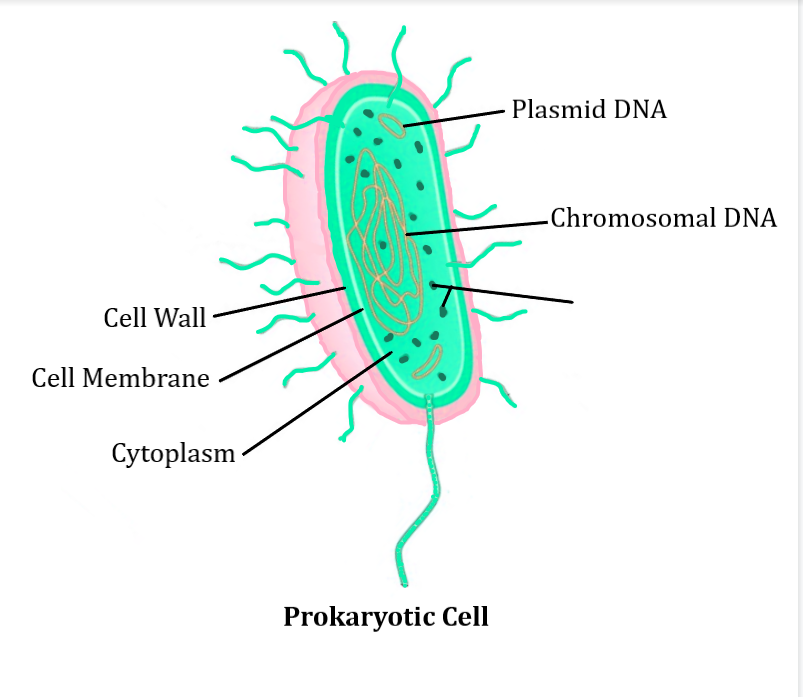 Source: vedantu.com
Source: vedantu.com
Why are cells small regardless of the size of the organism? Smaller cells have a higher ratio which allows more molecules and ions to move across the cell membrane per unit of cytoplasmic volume. Small size of the cell makes it easy to carry metabolic movement similar to the movement of things from smaller utensils and the nucleus can also control the cytoplasmic processes in a good manner. Each cell has a size and shape that is suited to its job. They also need to devote more time to maintain themselves which means they.
Source: quora.com
This becomes a problem when the. Cells are so little, so they can maximize their ratio of surface area to volume. Groups of different types of cells make up the organs in your body such as your heart liver or lungs. To enable different regions of the cell to communicate with each other rapidly for the cell to function effectively to have a large surface area is to volume ratio for greater diffusion of substances, in and out of the cell. In layman’s terms, the reason why are cells small is that as the cell grows in size, the materials diffusing in the cell would not reach the center as efficiently as they would in a small cell.
 Source: sciencelearn.org.nz
Source: sciencelearn.org.nz
Smaller cells have a better ratio which allows more molecules and ions to be. Cells are small because they need to be able to diffuse through materials easily. Cells are normally very small in size. This is because when you have a lot of small objects vs a few big objects the surface area is much larger in relation to volume. The larger the ratio the more efficient the cell is at moving materials in and out of the cell.
If you find this site value, please support us by sharing this posts to your own social media accounts like Facebook, Instagram and so on or you can also bookmark this blog page with the title why are cells small in size by using Ctrl + D for devices a laptop with a Windows operating system or Command + D for laptops with an Apple operating system. If you use a smartphone, you can also use the drawer menu of the browser you are using. Whether it’s a Windows, Mac, iOS or Android operating system, you will still be able to bookmark this website.





